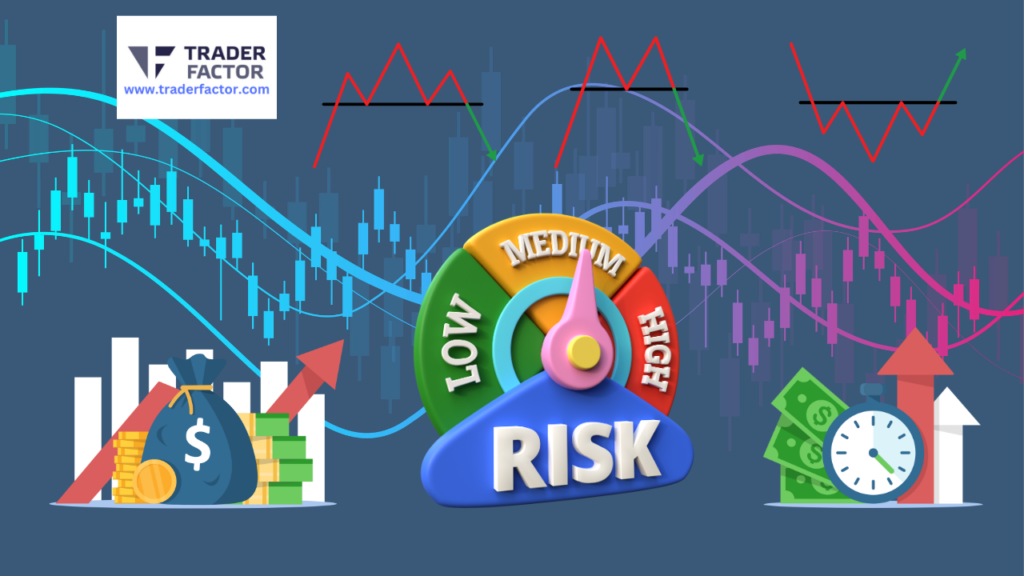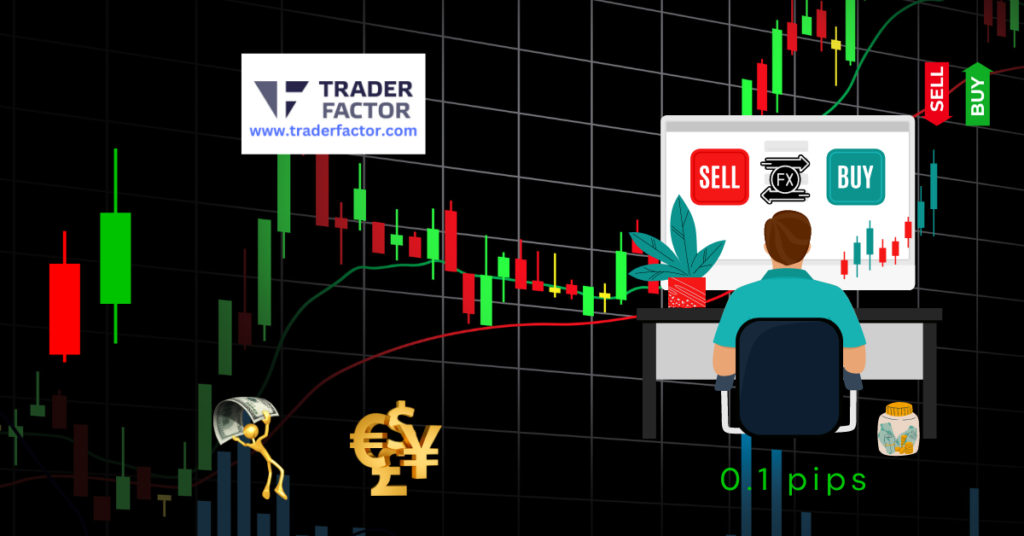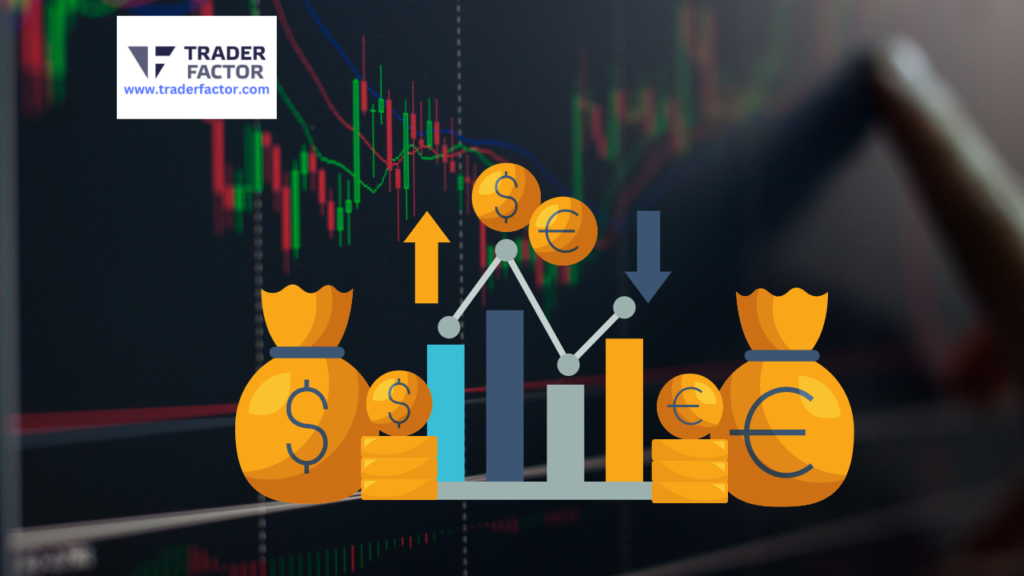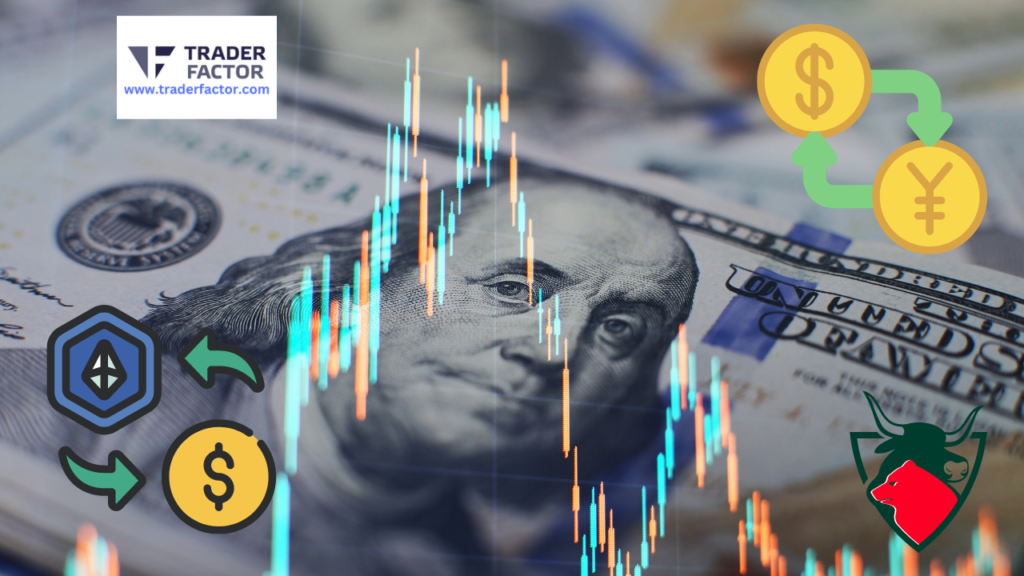Are you ready to dive into the world of forex trading? Before you do, it’s important to understand why risk management is crucial.
In this article, we’ll explore the potential risks involved in forex trading and the impact of poor risk management.
We’ll also discuss essential risk management strategies and how they can help minimize losses.
By effectively managing risks, you can ensure long-term benefits and success in your forex trading journey.
So let’s get started!
Key Takeaways
- Volatility of currency exchange rates and fluctuations due to various factors pose significant risks in forex trading.
- Poor risk management can lead to large drawdowns, difficulty in recovery, emotional decision-making, and lack of discipline.
- Essential risk management strategies include placing stop loss orders, determining appropriate position size, diversifying investments, and implementing risk-reward ratios.
- Risk management plays a crucial role in minimizing losses by setting stop-loss orders, controlling capital at risk, diversifying the portfolio, protecting the trading account, and exiting trades before they turn against you.
- Effective risk management leads to long-term benefits such as capital preservation, consistent profits, emotional control, improved confidence in trading decisions, and safeguarding investments.
The Potential Risks in Forex Trading

To successfully navigate the world of forex trading, you must be aware of the potential risks involved. Forex trading, also known as foreign exchange trading, is the buying and selling of currencies on the global market. While it offers the opportunity for significant profits, it also carries inherent risks that you need to understand.
One of the main risks in forex trading is the volatility of currency exchange rates. Currency prices can fluctuate rapidly due to various factors such as economic news, geopolitical events, and market sentiment. These fluctuations can lead to significant losses if you’re not careful.
Another risk is leverage, which allows you to control a larger position with a smaller amount of capital. While leverage can amplify your profits, it can also magnify your losses, potentially wiping out your entire account if the market moves against you.
Market liquidity is also a risk to consider. The forex market is the largest and most liquid financial market in the world. However, during periods of low liquidity, spreads can widen, and prices can become more volatile. This can make it difficult to execute trades at desired prices, increasing the risk of slippage and unexpected losses.
Lastly, there’s the risk of fraud and scams in the forex industry. Due to its decentralized nature and lack of regulation in some jurisdictions, some unscrupulous individuals and companies prey on unsuspecting traders. It’s essential to do thorough research and choose a reputable broker to minimize the risk of falling victim to scams.
The Impact of Poor Risk Management

Failing to implement proper risk management techniques can have a detrimental impact on your forex trading endeavors. Without effective risk management, you expose yourself to significant financial losses and increase the likelihood of wiping out your trading account.
One of the main consequences of poor risk management is the potential for large drawdowns. Drawdowns occur when your account balance decreases from its peak value. If you fail to set appropriate stop-loss orders or use excessive leverage, you run the risk of experiencing substantial drawdowns that can be difficult to recover from.
Moreover, poor risk management can lead to emotional decision-making. When faced with losses, many traders become overwhelmed with fear or panic, causing them to make impulsive and irrational trading choices. This can further exacerbate losses and create a vicious cycle of poor decision-making.
Additionally, inadequate risk management can lead to a lack of discipline in adhering to your trading plan. Without a clear risk management strategy in place, you may be tempted to deviate from your plan and take unnecessary risks. This can result in inconsistent trading performance and hinder your long-term profitability.
Essential Risk Management Strategies

Implementing effective risk management strategies is essential for successful forex trading. Without a proper risk management plan in place, you expose yourself to unnecessary financial risks and potential losses. Here are some essential risk management strategies that you should consider incorporating into your trading approach:
| Strategy | Description |
|---|---|
| Stop Loss Orders | Placing stop loss orders can help limit your losses by automatically closing your position when the market moves against you. This ensures that you exit a losing trade at a predetermined price level. |
| Position Sizing | Determining the appropriate position size based on your risk tolerance is crucial. By sizing your positions correctly, you can control the amount of capital at risk in each trade. |
| Diversification | Spreading your investments across different currency pairs can help mitigate the impact of a single trade or market event. Diversification allows you to reduce the overall risk exposure in your portfolio. |
The Role of Risk Management in Minimizing Losses

Risk management plays a crucial role in minimizing losses when trading forex. Without proper risk management strategies in place, you leave yourself vulnerable to significant financial setbacks.
One of the key ways risk management helps minimize losses is by setting stop-loss orders. A stop-loss order is an instruction to automatically sell a trade if it reaches a certain price, limiting your potential loss. By setting a stop-loss order, you ensure that you exit a trade before it goes too far against you, preventing further losses.

Another important aspect of risk management is position sizing. This involves determining the appropriate amount of capital to risk on each trade based on your overall account balance and risk tolerance. By controlling the amount of capital you risk, you can limit the potential loss on any single trade.
Additionally, risk management involves diversifying your portfolio. By spreading your investments across different currency pairs and other asset classes, you reduce the impact of any single loss. This helps protect your overall trading account from significant losses.
Long-Term Benefits of Effective Risk Management

By incorporating effective risk management techniques into your forex trading strategy, you can reap long-term benefits that safeguard your investments and promote financial stability. Implementing a comprehensive risk management plan ensures that you protect your capital and minimize potential losses. Let’s take a look at some of the long-term benefits you can expect to gain from effective risk management:

| Benefits | Explanation |
|---|---|
| Capital Preservation | By managing risk effectively, you can protect your trading capital from significant losses. This allows you to sustain your investments and continue trading in the long run. |
| Consistent Profits | Risk management techniques help you maintain discipline and avoid impulsive trading decisions. By sticking to your trading plan and managing risk properly, you increase the likelihood of consistent profits over time. |
| Emotional Control | Effective risk management helps you control your emotions and reduce the impact of emotional decision-making in trading. This leads to more rational and objective trading decisions, which are essential for long-term success. |
| Improved Confidence | When you have a solid risk management strategy in place, you feel more confident and in control of your trading. This confidence allows you to approach the markets with a clear mind and make better trading decisions. |
Frequently Asked Questions

Is Forex Trading Suitable for Beginners, or Is It Only for Experienced Traders?
Forex trading can be suitable for beginners, but it’s also important for experienced traders. Regardless of your level, risk management is crucial to protect your investments and minimize potential losses.
What Are the Main Factors That Can Affect the Success or Failure of Risk Management in Forex Trading?
The main factors that can affect the success or failure of risk management in forex trading are your risk tolerance, market volatility, and the accuracy of your analysis.
Are There Any Specific Tools or Software That Can Assist in Effective Risk Management in Forex Trading?
There are many tools and software available that can assist you in effectively managing risk in forex trading. These tools can help you analyze market trends, set stop-loss orders, and manage your trades more efficiently.

How Can Emotions Impact Risk Management in Forex Trading, and How Can Traders Overcome Emotional Biases?
Emotions can greatly impact risk management in forex trading, causing biases and leading to poor decision-making. To overcome these biases, traders should practice self-awareness, develop a disciplined mindset, and use objective criteria for making trading decisions.
Are There Any Specific Regulations or Guidelines That Traders Should Follow When Implementing Risk Management Strategies in Forex Trading?
When implementing risk management strategies in forex trading, it is important to follow specific regulations and guidelines. These rules help you mitigate potential losses and protect your investment.
Conclusion
In conclusion, effective risk management is crucial in forex trading to protect yourself from potential risks and minimize losses. Poor risk management can have a significant impact on your trading outcomes.
By implementing essential risk management strategies, you can ensure better decision-making and long-term success in the forex market. Remember, taking the time to manage risks properly can lead to significant benefits in the long run.
Disclaimer:
All information has been prepared by TraderFactor or partners. The information does not contain a record of TraderFactor or partner’s prices or an offer of or solicitation for a transaction in any financial instrument. No representation or warranty is given as to the accuracy or completeness of this information. Any material provided does not have regard to the specific investment objective and financial situation of any person who may read it. Past performance is not a reliable indicator of future performance.
FOLLOW US




No comments:
Post a Comment